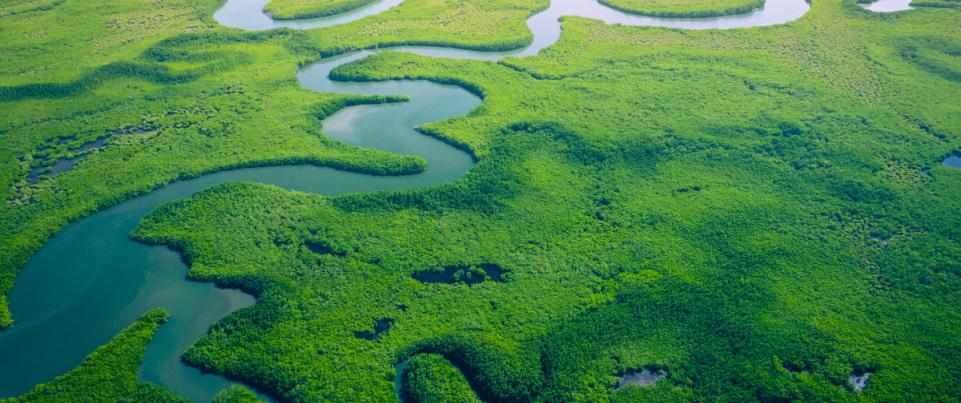
What is a researcher's life and daily routine? What makes his or her research qualitative? What makes the difference? On October 12, as part of the Fête de la Science 2023, the Centre Européen de Recherche et d’Enseignement des Géosciences de l’Environnement (AMU/CNRS/IRD/INRAE/Collège de France) will be hosting a Science Village in Arbois to answer these questions relating to this year's theme: sport!
Being a researcher also means being an explorer
Research is usually depicted in a lab coat, with test tubes, analysis and studious thinking. An image far removed from that of the trained explorer. And yet, researchers often don't study what's within their reach. To reach the unattainable, they prepare for extreme living conditions, train to cope with the demands of an environment that are not their own, and put their physical and mental strength to the test to achieve goals that match the ambitions of science.
They swap their lab coats for the hyper-technical equipment of the explorer, enabling them to climb peaks, acclimatize to unusual temperatures, descend into the centre of the earth, or challenge the elements of water, fire, earth and air.
In the field of environmental geoscience, the many and varied challenges faced mean that we need to be prepared. Those involved in research at CEREGE can testify to this.
Environmental and physical conditions sometimes beyond the norm
Julie LOSEN, PhD student in the Earth & Planets team at CEREGE
What sports? Trekking, hiking, climbing during field missions in remote areas
"I did a lot of sport when I was young, GRS, fitness, aerial dance... It taught me balance, movement coordination and forged the mental strength needed to achieve goals. It's an asset in my everyday life, both in the lab and in the field, for handling instruments and sampling, like when I'm studying landslides in Kyrgyzstan. Accessing isolated areas, digging shovel trenches several metres long and deep, breaking rock with a hammer, carrying heavy loads over long distances on field missions, whether isolated or not... All physically demanding activities that contribute greatly to the success of our research."
Vincent JOMELLI, Climate Team Research Director
What sports? Trekking, hiking, climbing during field missions in remote areas.
"As a geomorphologist, I study the long-term evolution of glaciers and the behavior of snow avalanches. All my missions are in the mountains (Alps, Andes, Himalayas, Greenland, Antarctica, Caucasus etc.).
I did a lot of fencing when I was young, at an international level. As this sport is exclusively competitive, it undoubtedly helped me to pass the CNRS exam, as I was never a good student. The mountains being a family sport, I dedicated a sabbatical year to climbing after the baccalaureate. Being of a modest background, this enabled me to finance and pursue my university studies.
Today, all my missions are carried out in isolated environments and sometimes at high altitude (> 6000 m). Working as itinerants in tents, we spend long periods at altitude and carry heavy loads every day. To access some of our study sites, mountaineering (on walls or glaciers) is compulsory. That's why sport is at the heart of a successful field mission. As a researcher's job tends to be sedentary outside the field, it's essential for one's own safety to stay in shape by practicing this activity regularly throughout the year. This gives you a "margin" when it comes to managing the effort and stress associated with mountain hazards (lightning, avalanches, falls, altitude sickness, etc.) and maintaining good group cohesion even in difficult conditions. Regular climbing practice has also enabled me to be stubborn despite the difficulties, and not to doubt certain choices, even if success isn't immediately forthcoming."
Find out more about their Fête de la Science portraits and photo reports, directly on the CEREGE website.
Article published on Friday, October 6, 2023.












